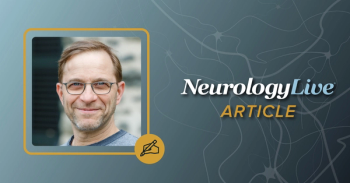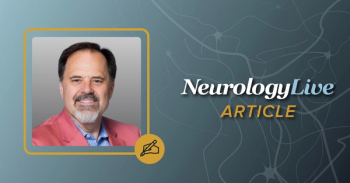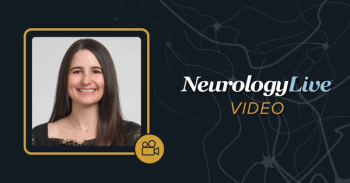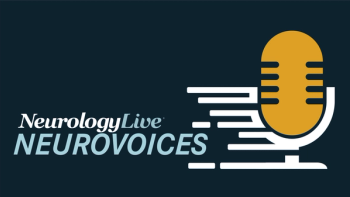
Realizing the Benefits of PAP Therapy for Sleep Apnea: William Noah, MD
The director and founder of the Sleep Centers of Middle Tennessee discussed the gap between sleep apnea prevalence and testing.
“Sleep apnea has similar or even worse mortality, especially cardiovascular mortality, than hypertension, or hyperlipidemia... prevalence is very similar to more than hypertension, less than hyperlipidemia. These diseases are all modifiable risk factors for heart disease. Everyone has their blood pressure checked, everyone gets a lipid profile every year, you know, but only 5% or less of heart patients are being tested for sleep apnea. In fact, in the literature shows more than 80% of cases of sleep apnea go undiagnosed.”
A recent study conducted by Sleep Centers of Middle Tennessee found that patients that received positive airway pressure (PAP) therapy machines as part of care from an integrated sleep practice (ISP) had
NeurologyLive reached out to William Noah, MD, senior author of the study and the director and founder of the Sleep Centers of Middle Tennessee, to learn more about the challenges of diagnosing and treating sleep apnea. (Editor’s note: Noah was kind enough to speak with us while snowed in and working at his farm, so he asks that you please excuse his appearance on video.)
Noah discussed the gap between sleep apnea prevalence and testing, and how a large part of this imbalance is due to the fact that starting PAP therapy is a lifestyle change that can be daunting to patients. He stressed that when patients understand the benefits of PAP therapy and feel the difference in their lives before and after treatment, they are more likely to adhere to the therapy in the long term.
REFERENCE
Andry JM, Tobin G, Shafin C, Noah W. Positive airway pressure therapy supplied by an integrated sleep practice associated with greater adherence among pre–Medicare-aged patients with sleep-disordered breathing. J Clin Sleep Med. 2021. 17(1):31-36. doi: 10.5664/jcsm.8786
Newsletter
Keep your finger on the pulse of neurology—subscribe to NeurologyLive for expert interviews, new data, and breakthrough treatment updates.










